Ladakh’s ‘Manjhi’ to 105-YO Farmer: 11 TBI Heroes Awarded The Padma Shri in 2021
When the list of Padma awardees was announced earlier this week, some names familiar to readers of The Better India cropped up.
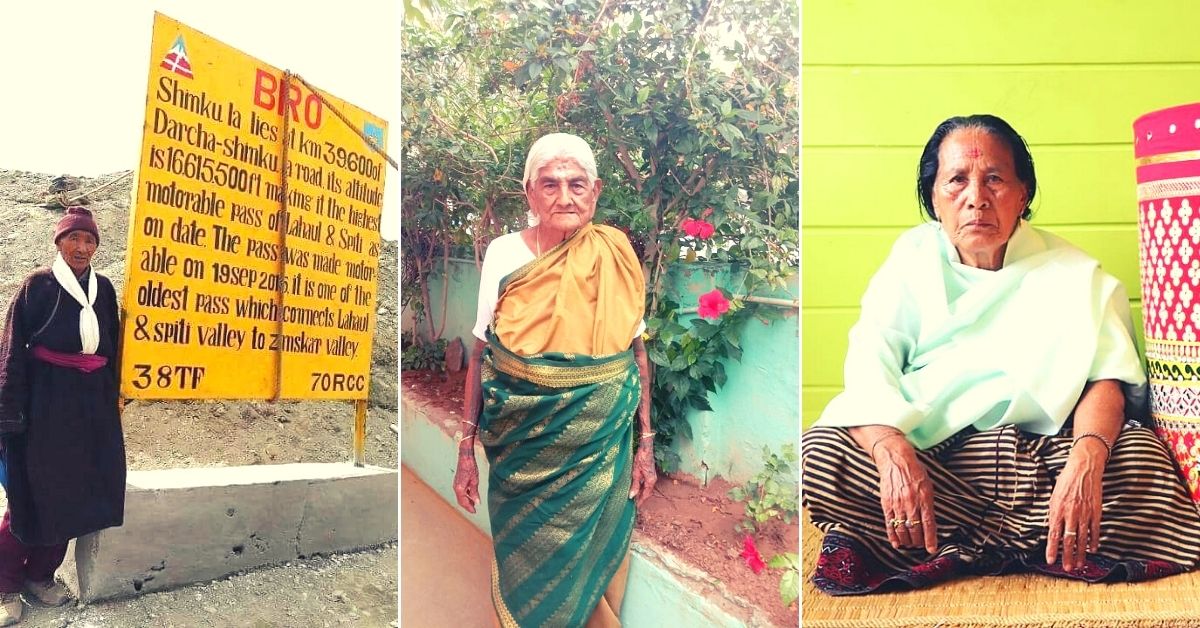
When the list of Padma awardees was announced earlier this week, some names familiar to readers of The Better India cropped up. There were more than just a few inspirational Indians, whom TBI has been fortunate enough to speak with and cover. From Ladakh to Tamil Nadu, here are 11 Padma Shri awardees from this year who were previously covered by TBI.
Tsultrim Chonjor: Septuagenarian Tsultrim Chonjor, fondly known as ‘Meme Chonjor’, is from the remote village of Stongde in the Zanskar Valley of Ladakh.
The former government employee, who was working with the State handicrafts department from 1965 to 2000, was unhappy at how remote and inaccessible the region was from the rest of the Indian mainland.
From May 2014 to June 2017, he single-handedly led efforts to construct a 38-km stretch of road from Ramjak, an inhabited area on the Jammu and Kashmir side of Shinkula pass, to Kargyak village, the first properly inhabited village in the Zanskar region. Spending Rs 57 lakh from his own pocket after dipping into his life savings and selling his ancestral property, he pressed a JCB machine into action, set forth with five donkeys and constructed the road.
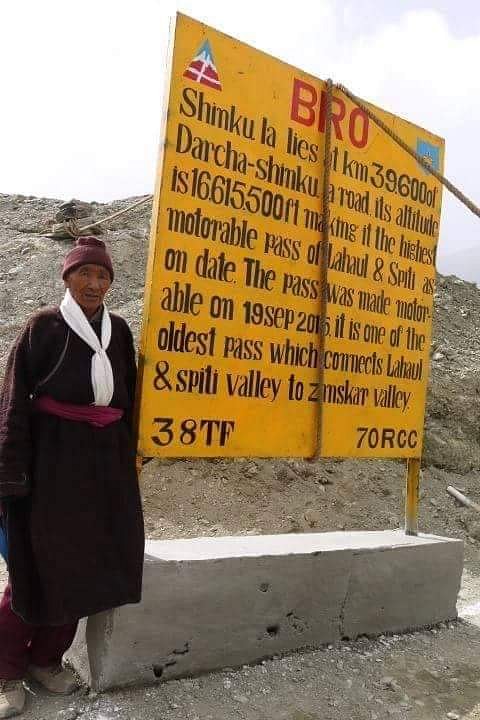
Marachi Subburaman: The 71-year-old has been recognised for his efforts to improve sanitation in rural areas, particularly in the state of Tamil Nadu.
Running an NGO called ‘Society for Community Organisation and Peoples Education’ (SCOPE), which has been focusing on sanitation in rural areas since 1986, it has so far constructed over one lakh toilets across 26 states in the country and carried out bigger projects in Bihar, Andhra Pradesh, Uttar Pradesh, Rajasthan and Assam.
In Tamil Nadu alone, SCOPE has installed about 20,000+ toilets. The Padma Shri awardee had observed that if the sewage is not disposed of properly, it can severely contaminate the groundwater.
This observation is what led SCOPE to introduce Ecosan toilets. These toilets have no flush or a piped connection to a sewage system and the urine and faecal matter collected is utilised as valuable urea and manure. This ensures that there is no way for any water body or groundwater to get polluted. The first-ever Ecosan toilet in Kalipalayam village, Tiruppur district, was built in 2000. By 2005, they had perfected their techniques.
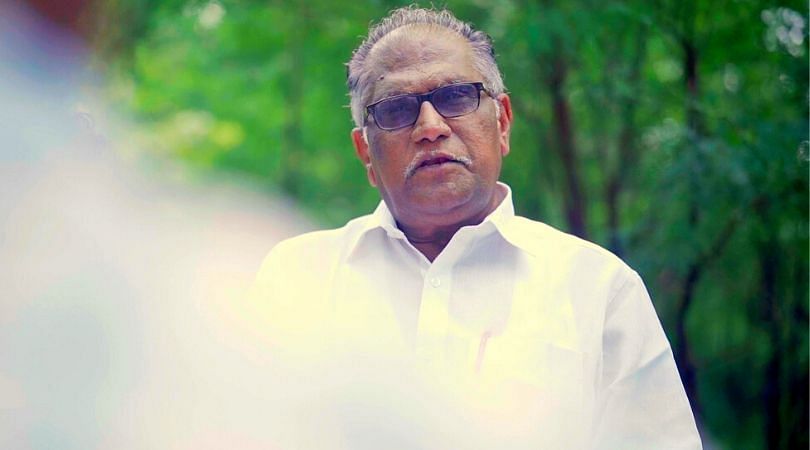
Pappammal: At 105, Papammal, a resident of Coimbatore in Tamil Nadu, continues to work on her 2.5 acre organic farm. She has lived through two World Wars, India’s Independence, multiple natural calamities, and COVID-19.
Following the death of her grandmother almost 50 years ago, the Padma Shri awardee inherited a small provision store in Thekkampatti. She managed the provision store and started a small eatery selling snacks and beverages. Speaking to TBI, Pappammal said, “Agriculture was something that always interested me. I would save money from the earnings at the provision shop and eventually had enough to buy 10 acres of land to cultivate.”
She started with cultivating corn, different varieties of pulses and a few fruits and vegetables for the family. As age caught up with her, Pappammal could not manage the entire 10 acres. Instead, she sold a portion of it 25 years ago, but continues to hold about 2.5 acres, which she still manages. Even today, she goes to her land and works on it every day.
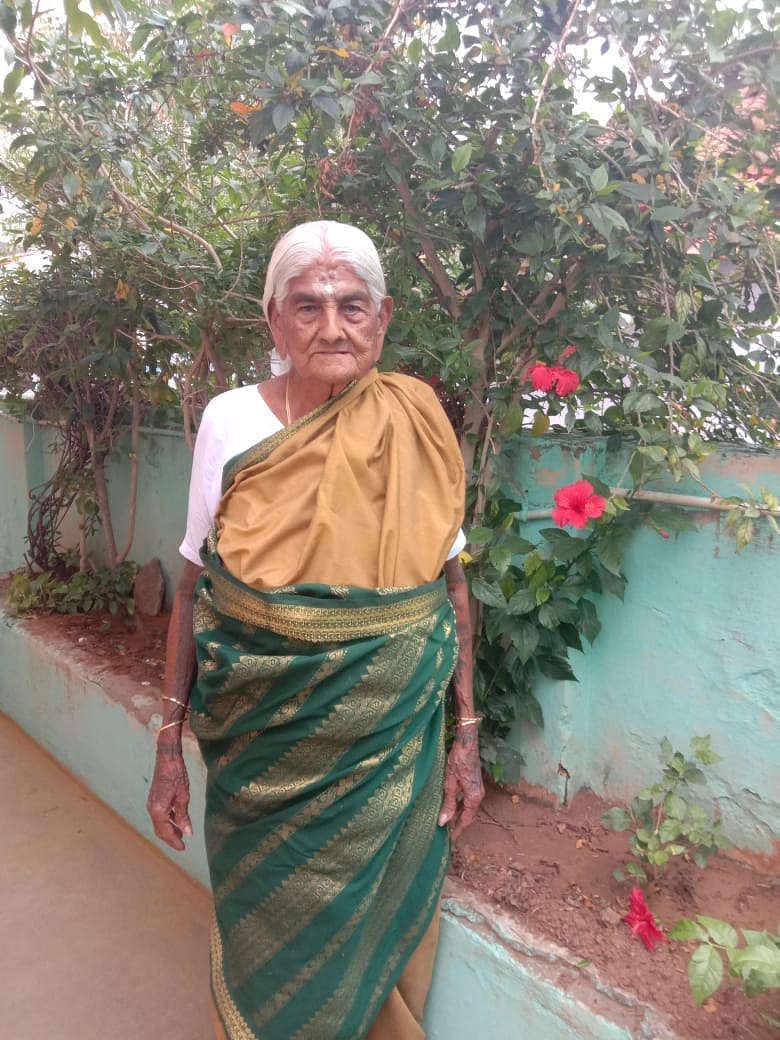
Nanda Prusty: For seven decades now, this centenarian has been giving free education to children in Odisha’s Kantira village, Jajpur district, which lies approximately 100 km from the State capital of Bhubaneswar. “I have taught at least three generations from the same family. You can imagine the number of years I must have put into teaching,” said Nanda Prusty in an interview with TBI.
“Initially, I had to run after them and pester them to study. It was difficult to convince the children,” added Nanda. With no school or any infrastructure in the village at the time, he started teaching under a tree. For Nanda, the practice of imparting valuable knowledge was done to help others, and therefore he didn’t take any money.
Even today, he gets up around 6 am and takes classes from 7.30 am to 9 am. He retakes classes during the late afternoon hours from 4.30 pm. “There are about 40 students who attend his classes. All of them are enrolled in the village school but still come to my grandfather twice every day. With all these years of teaching, he has earned respect in the village for which every family wants their child to learn from Nanda sir,” said a resident. So far, he has not taken any help from the government, nor does he intend to in the future.
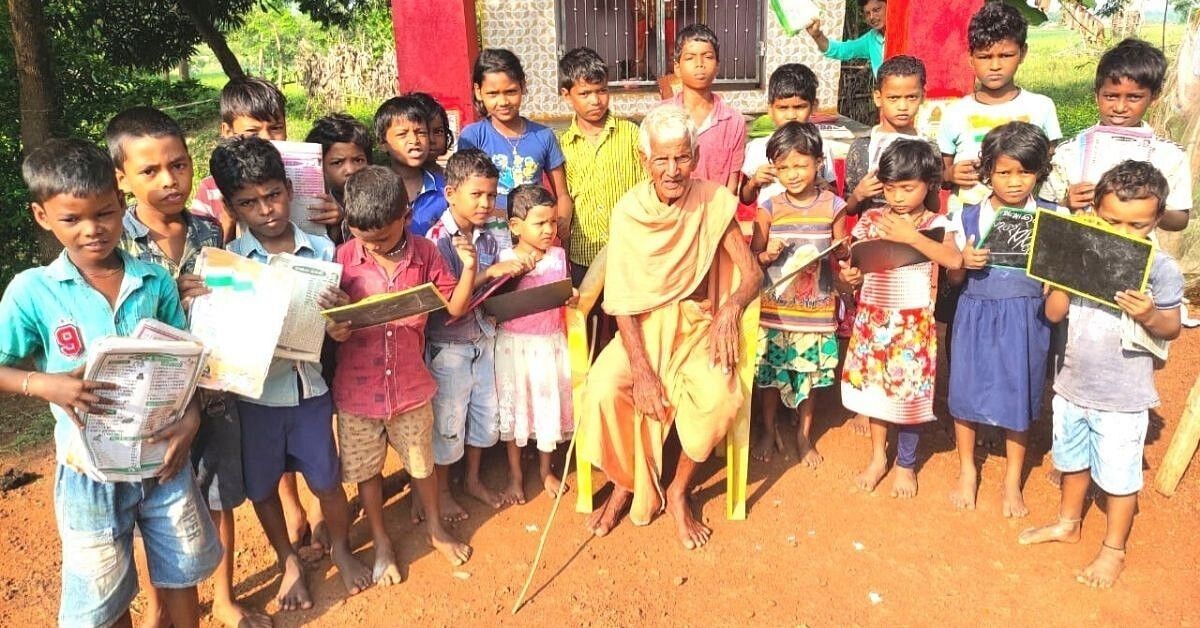
Lakhimi Baruah: She is the founder of the Konoklata Mahila Urban Cooperative Bank (KMCB), which provides credit to thousands of women across Jorhat, Sivasagar. and Golaghat districts. Founded in 1998 with an initial capital of Rs 8.46 lakh, the bank received its licence from the Reserve Bank of India in 2000. A former banker herself, Lakhimi had quit her job and dedicated her life to this endeavour.
“Women here in the northeast face a lot of problems. Family pressure, lack of opportunity and awareness are few reasons behind them not opening bank accounts. I thought an all-woman bank could help address their needs,” Lakhimi said. The bank only has women employees. Today KMUCB has over 25,000 accounts, a working capital of over Rs 6 crores and four branches in three districts. Over 300 self-help groups have benefited from various credit schemes of the bank and it receives over 250 customers every day.
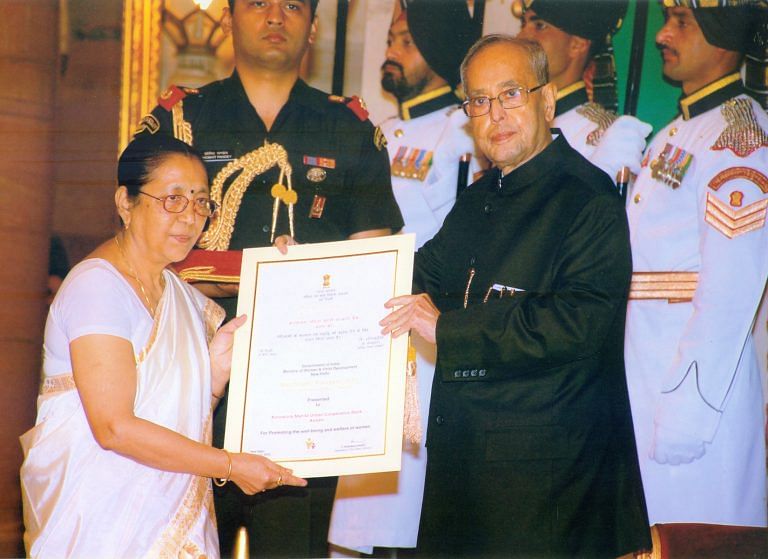
Kalashri KK Ramachandra Pulavar: This remarkable individual is a 11th generation puppeteer who has played a seminal role in reviving an age-old shadow puppetry art form called Tholpavakoothu. Speaking to TBI, he said that Tholpavakoothu is the father of modern-day cinema. He was trained by his father Guru Shri Krishnankutty Pulavar,
Today, the Padma Shri awardee guides a team of puppeteers on a mission to revive and recreate a forgotten tradition. “Not many people are aware of the beauty of this art form. I am trying in my own way to give it the visibility it deserves. The first time you watch Tholpavakoothu, you will always remember the way it made you feel,” he explained.
How does it work? Leather puppets are manipulated using light from lamps lit in coconut shells. The shadows of these puppets fall against the screen, creating beautiful images, set to music in Tamil, Sanskrit, and Malayalam. Back in the day, shows would go on for more than 70 hours. However, experimenting with new techniques and stories, the art form is slowly evolving.
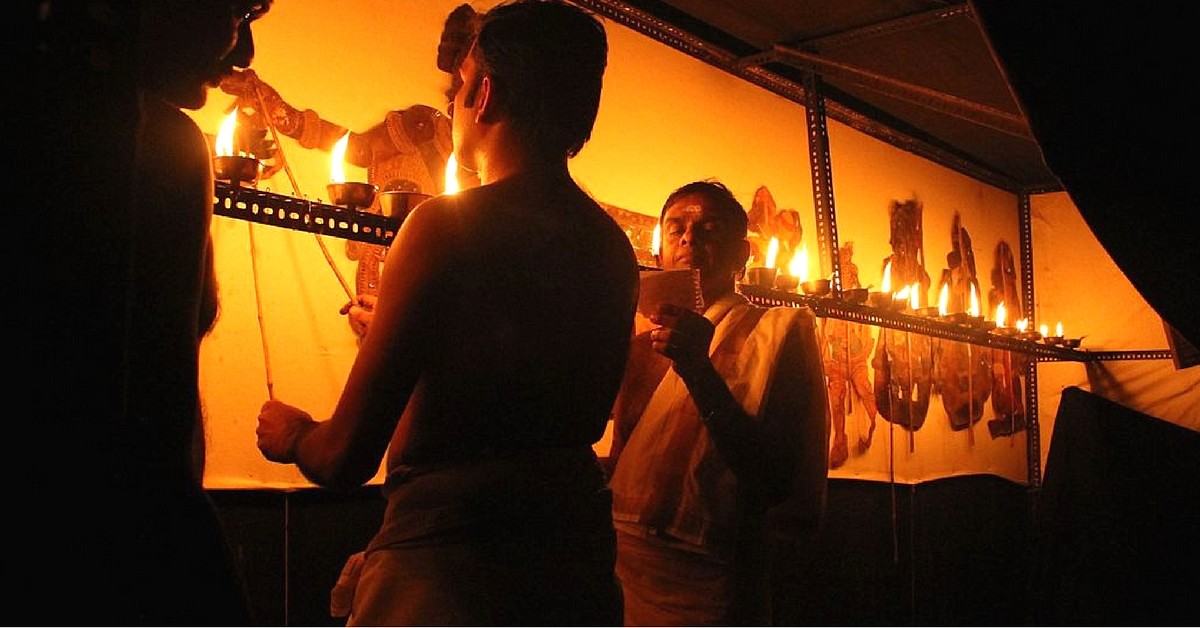
Nanadro B Marak: In the hills of the Tikrikilla Block, West Garo Hills district, Meghalaya, there are 3,400 trees of the ‘black gold’ spice in his mini-forest spread across five hectares that Nandro inherited from his in-laws in the 1980s.
This sexagenarian was the first in West Garo Hills district to plant the Karimunda variety of black pepper. This pepper delivers on medium-sized, chestnut-black coloured grains. Starting with an initial capital of Rs 10,000, the Padma Shri awardee first began by planting hundreds of trees.
Today, Nanadro’s variety delivers an average yield of 3.2 kilos per tree, which is nearly three times higher than other growers in the state. “The oil content is also higher. Meanwhile, the smell, taste and texture are the same as others. The key to his award is the production quantity,” he told TBI. With an average price of Rs 170 per kilo, Nanadro clocked a revenue of Rs 17 lakh in 2019. For his efforts, he bagged the title of ‘Best Pepper Grower from India’ by the International Pepper Community (IPC) in 2018.
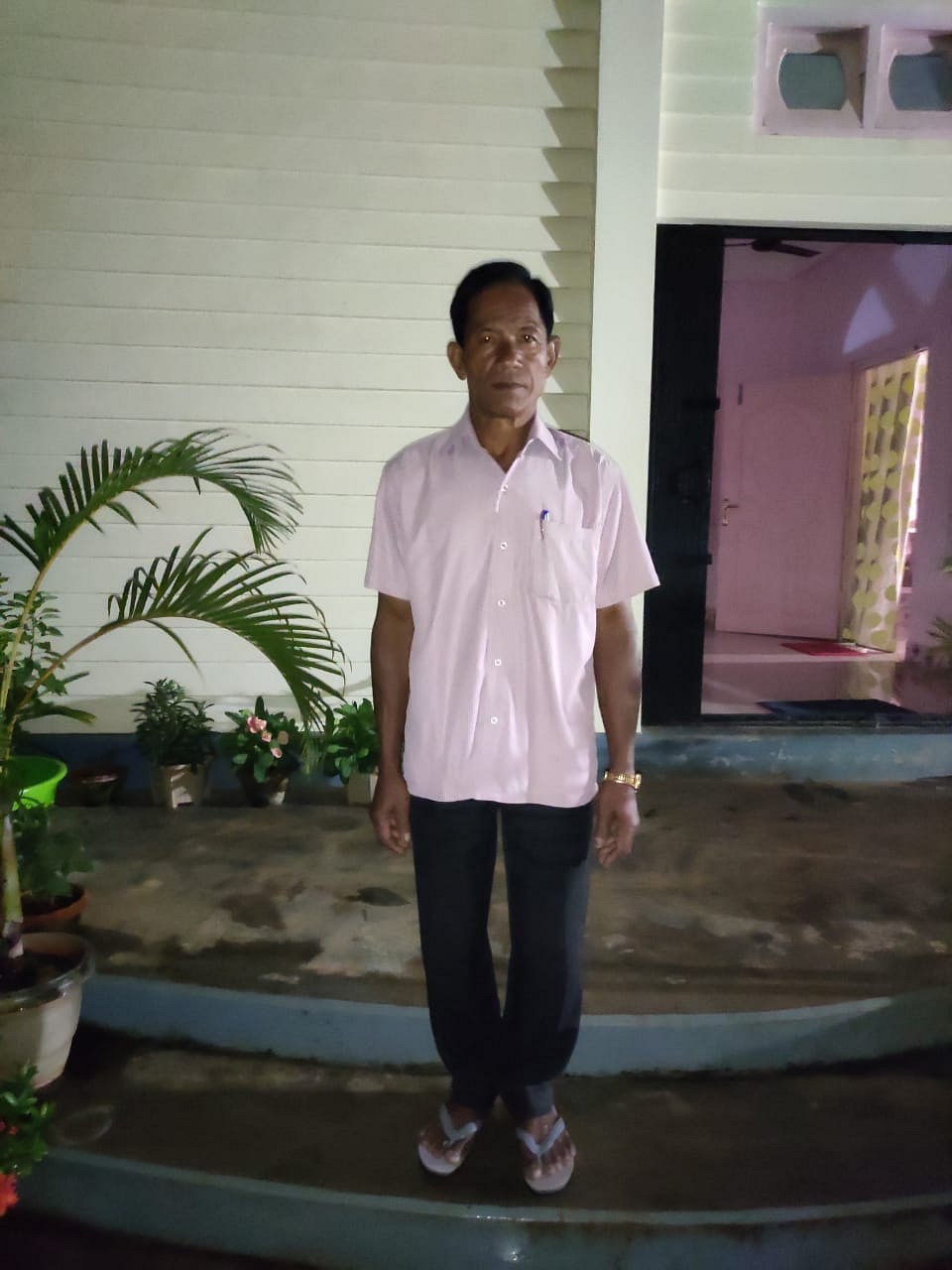
Sujit Chattopadhyay: Barely three hours away from Kolkata lies the village of Ausgram in Burdwan district and Sujit Chattopadhyay’s courtyard is bustling with hordes of curious youngsters. Out of more than 350 students in school, who mostly come from local indigenous communities, 80% are from lower middle class families.
All the Padma Shri awardee seeks in return for his services is a fee of Rs 2, annually. He began teaching following his retirement as principal of the Ramnagar Uccha Madhyamik Vidyalaya. Christened ‘Sadai Fakirer Pathshala’ (The Eternal Fakir’s School), his unique school has been running at his Ausgram home since 2004, following his retirement. He teaches social sciences to secondary classes and degree-course in Bengali to undergraduate students. Besides teaching, he is also a major advocate of sustainable living and greater socio-environmental awareness in these rural interiors.
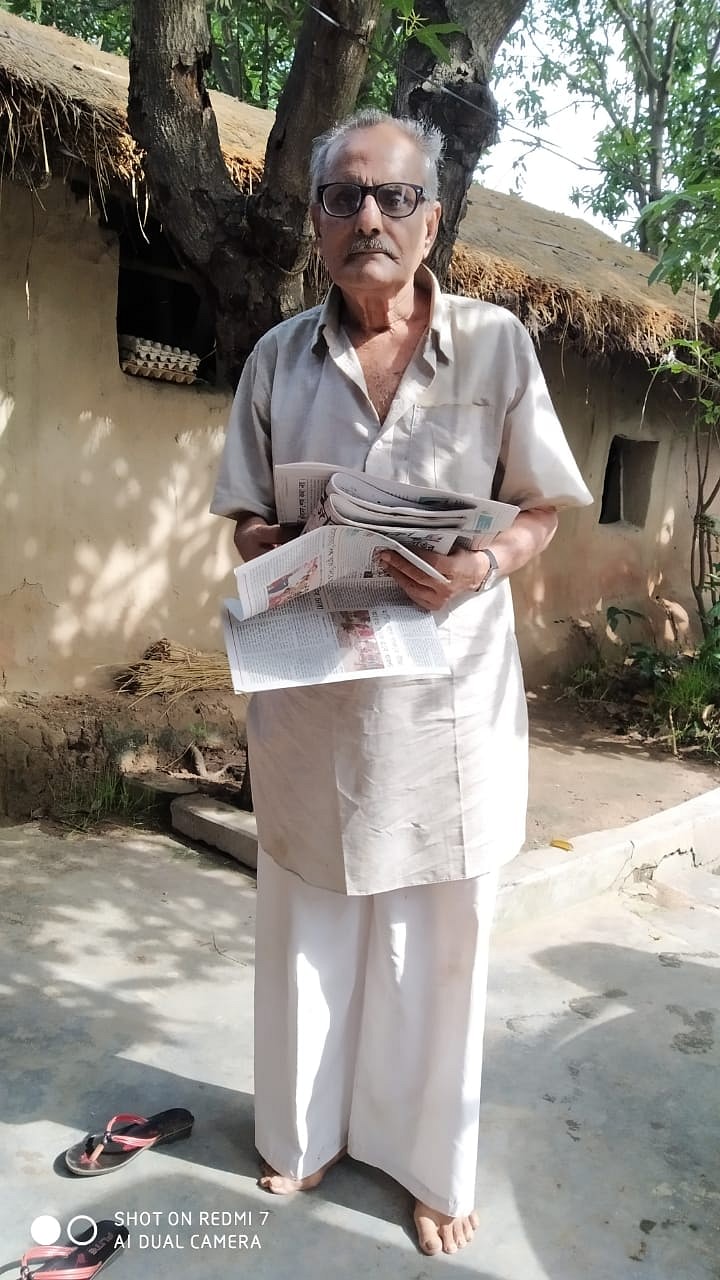
Radhe Devi: Fondly known as ‘Abok Radhe (meaning ‘grandmother’ in Meitei language)’, this octogenarian has for the past 58 years, has been working as a ‘Potloi Setpi’ (wedding dresser). Based out of Thoubal district in Manipur, this elderly entrepreneur has dressed over 1,000 brides in her lifetime. The Padma Shri awardee’s speciality is keeping alive the ‘Potloi’, which comprises a stiff cylindrical skirt, a blouse and woven belt around the waist. It is worn with Innaphi, which is a delicate muslin shawl wrapped around the upper body.
The traditional bridal dress (Potloi) gives Manipuri brides a striking look. Even today, she can make an entire outfit in merely five to seven days. When she started making them, she would earn somewhere around Rs 500 per outfit. Today, she sells each unit for anywhere between Rs 10,000 and Rs 15,000, depending on the intricacy of the handiwork.
“I may not live long, but I want the art of Potloi-making to live on. I hope that the skills that I have imparted, help my students make beautiful designs of Potloi. It is through my work and theirs that I want to be remembered,” said Abok Radhe to TBI.
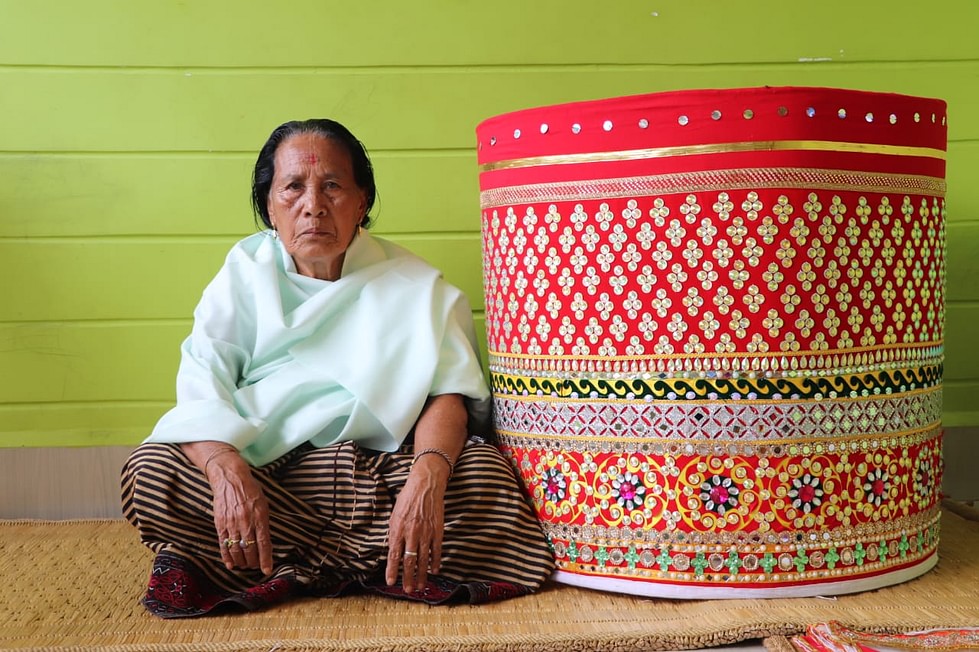
Shyam Sundar Paliwal: When the former sarpanch of Piplantri village in Rajasthan’s Rajsamand district, lost his daughter in 2006, he began a campaign of planting 111 saplings to celebrate the birth of every new-born girl in his village. Thanks to this campaign, the village has done a better job of surviving droughts and water scarcity. Also, the Padma Shri awardee’s campaign also included the construction of check dams on pastures atop nearby hills to raise groundwater levels. The transformation of the village has been quite remarkable.
As part of the campaign, what the panchayat does is open a fixed bank deposit account under the name of the new-born girl. Her parents not only have to nurture the saplings but also sign an affidavit that they would not marry off their child before the age of 18, and give up the practice of female foeticide. “Analysing the statistics of the village for many years, I have observed that on an average, there are about 120 childbirths during a year, out of which half are girls. It has been our effort that our daughters become self-reliant so that parents do not consider them a burden,” said Paliwal to TBI.
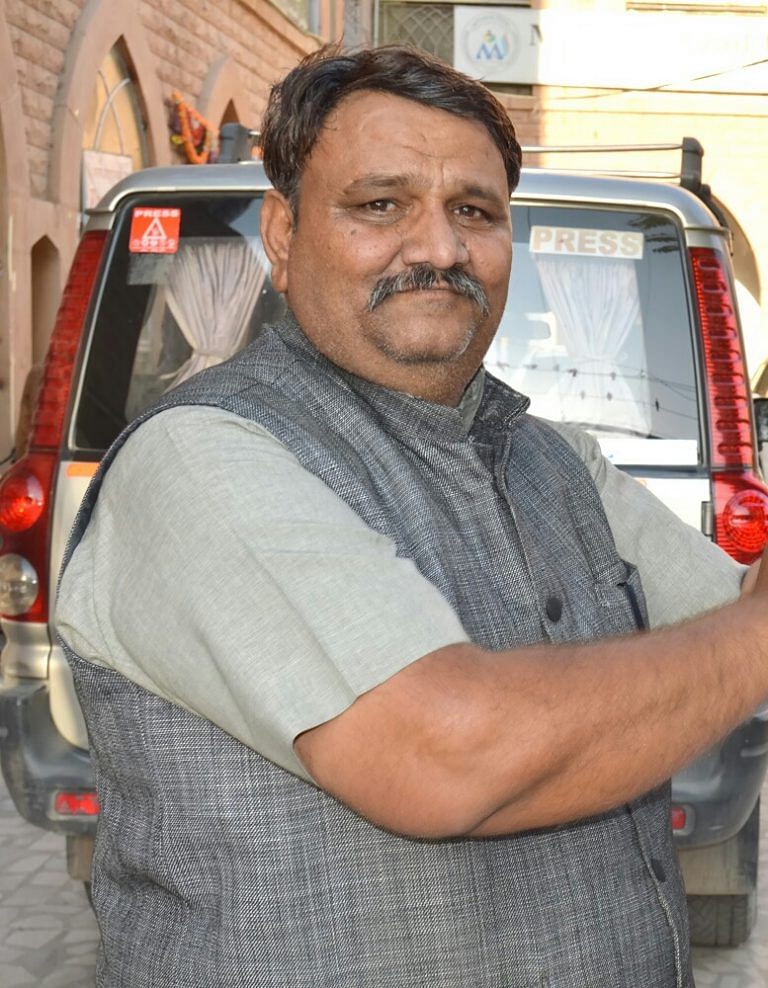
Anshu Jamsenpa: In 2017, this remarkable woman from Bomdila town of West Kameng district, Arunachal Pradesh, became the first Indian woman to scale Mount Everest within just five days. An adventure enthusiast and mother of two spoke to TBI about the challenge of undergoing that brutal ‘double ascent’ in 2017.
“The second ascent required a lot of pushing on my behalf and I believed that if you wanted something really bad, pain would never be an obstacle,” said the record holder and Padma Shri awardee. She climbed atop Everest for the first time in 2011 and repeated the feat 10 days later.
“When I made it up there first, the feeling was overpowering; more like being closer to God. I had goosebumps all over my body. I guess it was more like once you are up there, you always have the urge to go back,” she recalled.
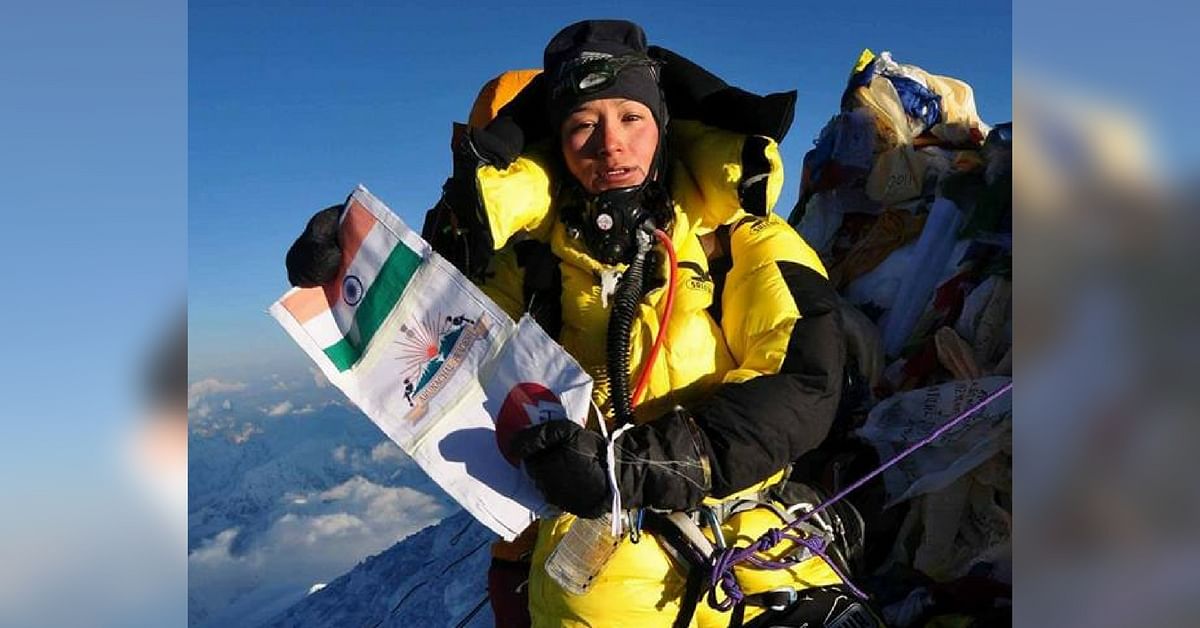
(Edited by Yoshita Rao)
Like this story? Or have something to share? Write to us: [email protected], or connect with us on Facebook and Twitter.
If you found our stories insightful, informative, or even just enjoyable, we invite you to consider making a voluntary payment to support the work we do at The Better India. Your contribution helps us continue producing quality content that educates, inspires, and drives positive change.
Choose one of the payment options below for your contribution-
By paying for the stories you value, you directly contribute to sustaining our efforts focused on making a difference in the world. Together, let’s ensure that impactful stories continue to be told and shared, enriching lives and communities alike.
Thank you for your support. Here are some frequently asked questions you might find helpful to know why you are contributing?


This story made me
-
97
-
121
-
89
-
167











